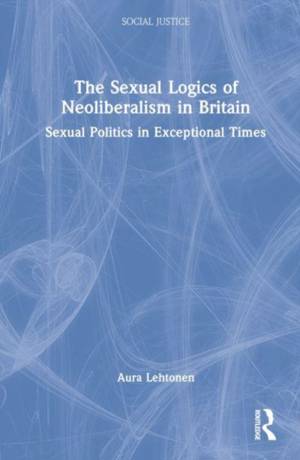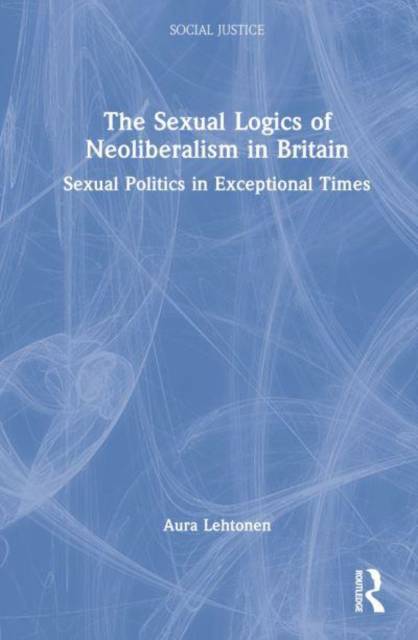
- Retrait gratuit dans votre magasin Club
- 7.000.000 titres dans notre catalogue
- Payer en toute sécurité
- Toujours un magasin près de chez vous
- Retrait gratuit dans votre magasin Club
- 7.000.0000 titres dans notre catalogue
- Payer en toute sécurité
- Toujours un magasin près de chez vous
Description
This book explores the relationship between sexuality and politics in Britain's recent political past, in the decade preceding the Covid-19 pandemic, and asks what sexual meanings and logics are embedded in the dominant political discourses and policies of this time.
A discursive framing of 'exceptionality' has commonly attached to the politics of austerity, crisis and neoliberalisation that have characterised the 2010s in Britain, with many noting the depoliticising effects of such a crisis politics. The book's four case studies each investigate a binary concept that has played a key role in these limited and limiting discourses: the stable family/troubled family; deserving/undeserving; public/private and material/cultural. Deploying an expansive notion of sexuality, these binaries are examined by analysing a range of cultural and political texts in which they are reproduced, from policy and legal documents to popular films and TV series.
This empirically informed and theoretically innovative analysis makes an important contribution to understandings of sexuality, identity and inequalities, as well as of crisis and neoliberalism. It will be of interest to scholars and students in gender and sexuality studies, cultural studies, sociology, politics and social policy.
Spécifications
Parties prenantes
- Auteur(s) :
- Editeur:
Contenu
- Nombre de pages :
- 166
- Langue:
- Anglais
- Collection :
Caractéristiques
- EAN:
- 9781032029320
- Date de parution :
- 30-12-22
- Format:
- Livre relié
- Format numérique:
- Genaaid
- Dimensions :
- 156 mm x 233 mm
- Poids :
- 475 g

Les avis
Nous publions uniquement les avis qui respectent les conditions requises. Consultez nos conditions pour les avis.






